
Where Humanity’s Future Will Be Decided
The COVID-19 pandemic is a stark reminder of how interconnected our fates are

The COVID-19 pandemic is a stark reminder of how interconnected our fates are
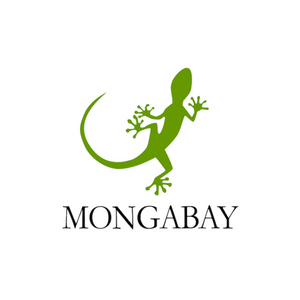
Soaring gold prices have resulted in a massive ongoing invasion of the Indigenous reserve by gold miners who are well supported with monetary backing, heavy equipment and aircraft, research by think tank Igarape Institute indicates
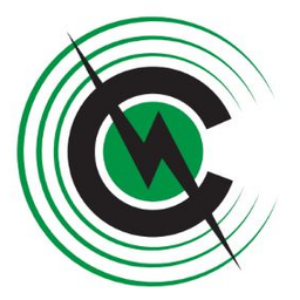
As the world pressures Brazil’s Jair Bolsonaro to act, Robert Muggah of the Igarape Institute, a think tank in Brazil, has released a new too

This is one of a series of articles written by Young Global Leaders with action-oriented ideas to improve the state of the world by 2030

The Amazon Basin is fast approaching an irreversible tipping point

Mongabay caught up with Igarapé Institute co-founder Robert Muggah this week to discuss Ecocrime, a new data visualization platform that combines visual storytelling with access to raw data on environmental crime in the Amazon.

At the sharp end of the wedge, cross-boundary bodies like the Igarapé Institute, with the cooperation of Interpol and NGOs, track environmental crimes in the Amazon basin, with a view to bringing legal cases against those responsible.

JBS, the world’s largest meatpacker, is turning to blockchain to ensure the traceability of the tens of thousands of cattle it processes every day in Brazil, following intense pressure from both investors and activists over its environmental record.
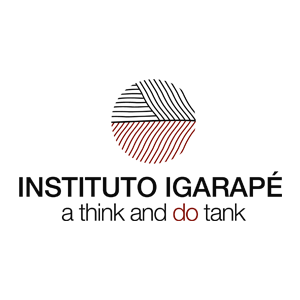
Este artigo analisa as práticas atuais em padrões e benchmarking para a agricultura de soja, pecuária e extração de madeira.
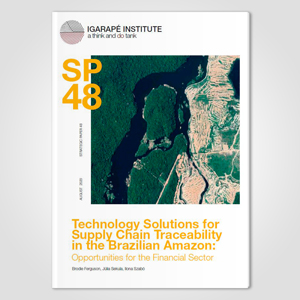
The Amazon is reaching a point that may be irreversible, in which its biome, and with it the global climate, will suffer irreparable damage, negatively impacting not only local communities, but also entire regions and industries. In this article, the Igarapé Institute analyzes challenges around

The Amazon Basin is approaching a dangerous tipping point.

“This includes shining a light not just on crime groups and shady business but also the corrupt government officials – including police, notary clerks, customs officials, and politicians – who facilitate the business,” Szabó said in an interview with the Thomson Reuters Foundation.

A new paper from the Igarape Institute – Environmental Crime in the Amazon Basin: a Typology for Research, Policy and Action – introduces a typology to help better understand the scope and scale of the problem and its extensive social and environmental impacts.

This new report shows that eleven years on from our last report, JBS is still slaughtering the Amazon. It is clear that JBS’s business model is incompatible with the environmental emergency we are facing.
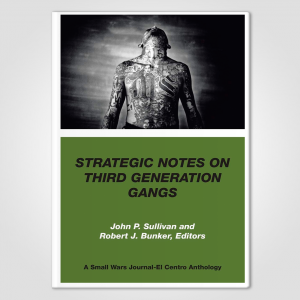
Strategic Notes on Third Generation Gangs builds upon the third generation street gang (3Gen Gang) theory first articulated in a series of papers by John P. Sullivan in 1997
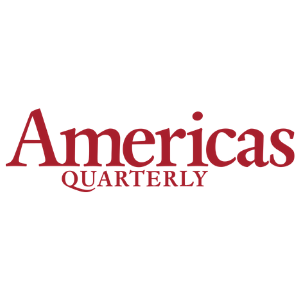
They came looking for gold. Earlier this year, several dozen unauthorized prospectors, or garimpeiros as they are known in Portuguese, invaded a 1.4 million acre indigenous reserve in Brazil’s remote northern state of Amapá.

If ratified, the Mercosur-EU trade deal may reinforce the parties’ commitment to climate action. Yet, its potential relevance is weakened by a language that often stops short of concrete commitments, as well as by political resistance.

The fate of the Amazon is intertwined with the fate of the world. If 20-25 percent of its tree cover is cut down, scientists estimate, the basin’s capacity to absorb carbon dioxide would be severely compromised, taking out of operation one of the world’s largest carbon sinks.

A new form of organized crime has recently been emerging in the Amazon: illegal mining. Miners fell trees, use high-grade explosives to oblast soils and dredge riverbeds.
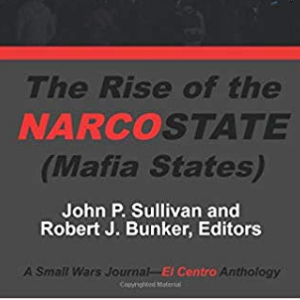
This book is our sixth Small Wars Journal–El Centro anthology, covering writings published between 2016 and 2017.

O Instituto Igarapé utiliza cookies e outras tecnologias semelhantes para melhorar a sua experiência, de acordo com a nossa Política de Privacidade e nossos Termos de Uso e, ao continuar navegando, você concorda com essas condições.

